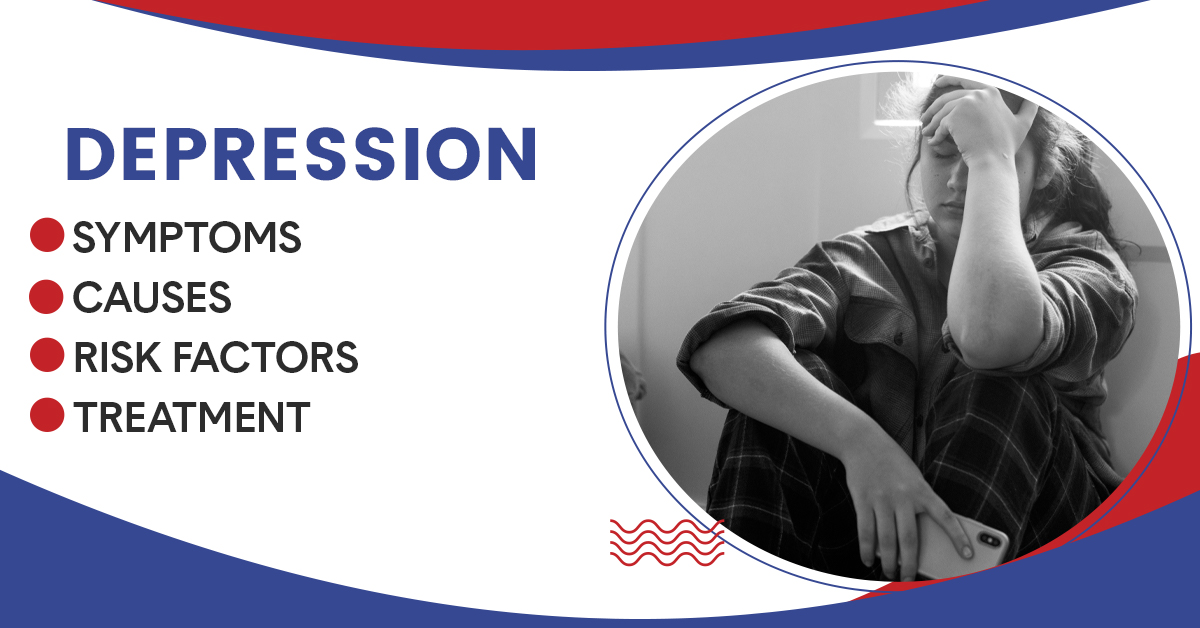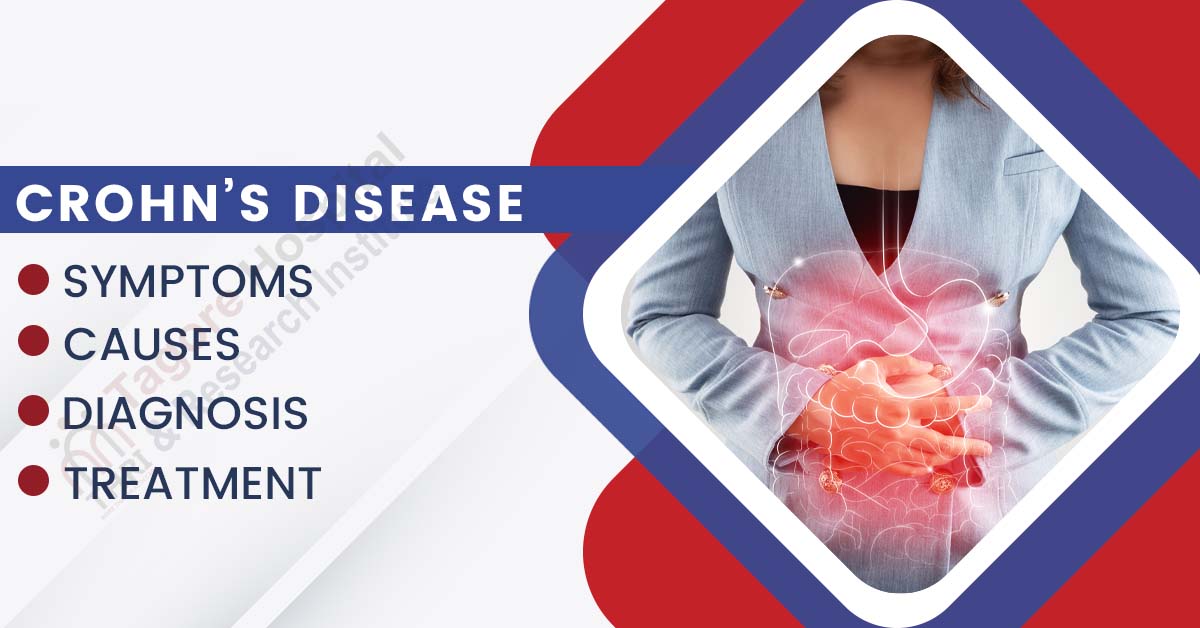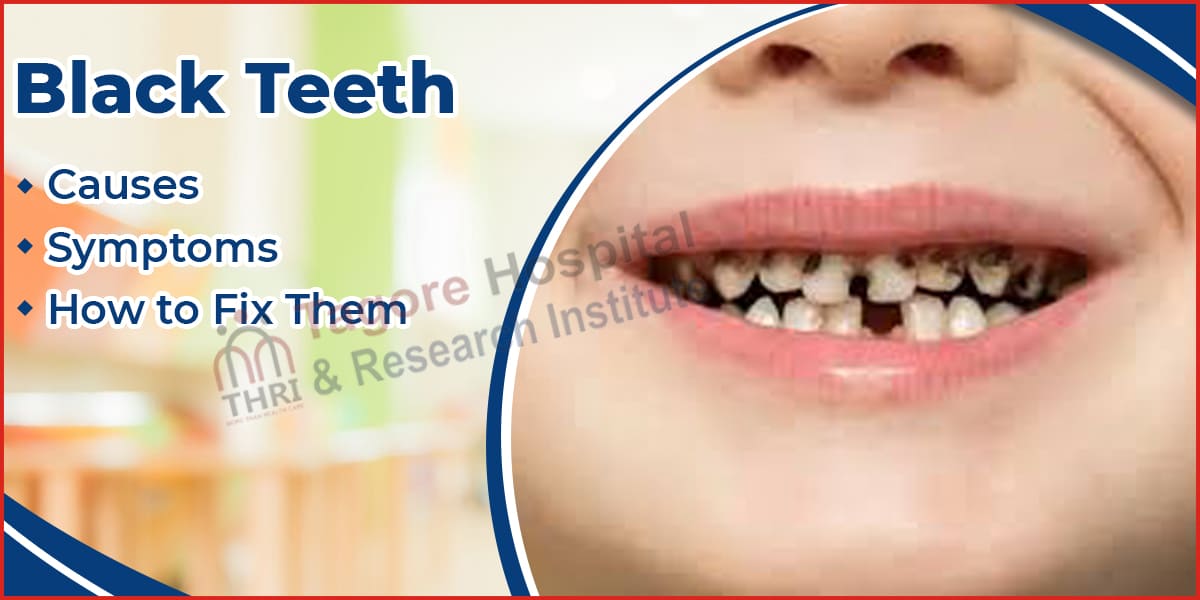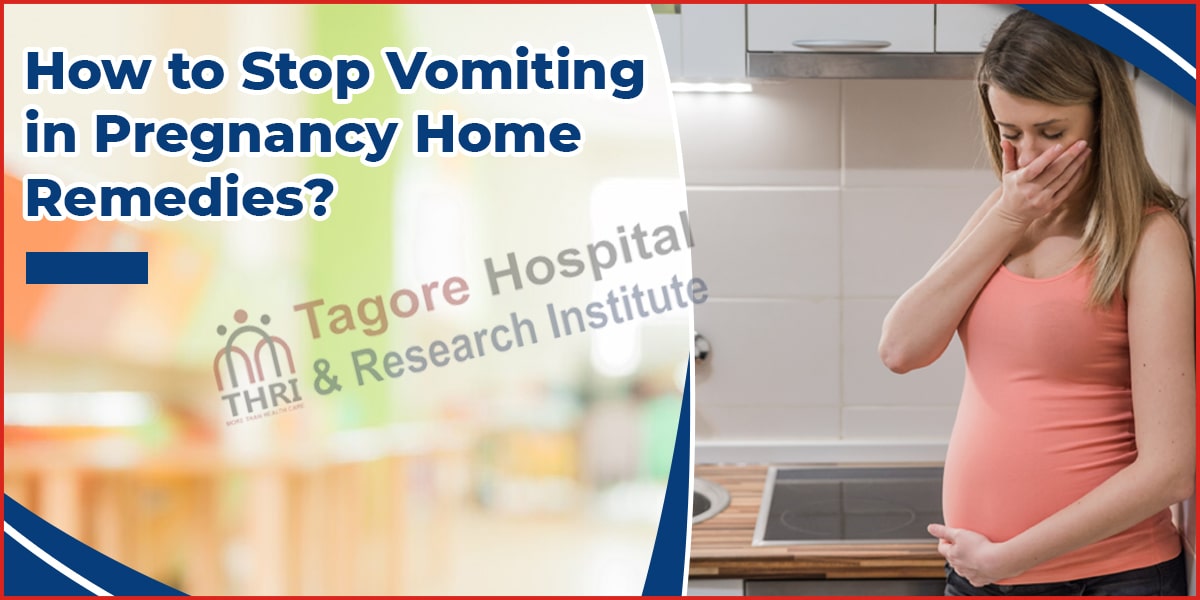- By THRI admin
- Posted July 19, 2022
What is Depression?
Depressive disorders are mental health conditions caused by imbalances in the chemicals in the brain that support function. It is more than just being sad or feeling blue for a few days when you suffer from depression.
For a prolonged period, clinical depression consists of feelings of sadness, loss, anger, frustration, and despair that interfere with daily life.
A person suffering from depression may find it hard to maintain a job and school schedule, care for a family, and meet their basic needs. Approximately 20 million Americans suffer from depression, according to the National Institutes of Health.
Depressive feelings are often associated with sadness, "the blues," or disheartened feelings. Sadness generally resolves with time, however. An individual with depression experiences lingering and intensifying feelings of sadness that interfere with normal functioning. As a result, depression can be exacerbated.
Life is full of ups and downs, and feeling down is normal. Sad or upsetting situations can happen to anyone at any time.
A regular feeling of hopelessness or depression could indicate depression. The condition of depression is considered a serious medical condition that can worsen if not treated.
Different Types of Depression:
A depression type is categorized according to its symptoms and causes by healthcare providers. The causes of these episodes are often obscure. Some people can linger for much longer than others for no apparent reason.
Different Types of Depression Include:
- Major depressive disorder (MDD): Depression that lasts longer than two weeks is considered major depression (clinical depression). It is difficult to live a normal life because of these symptoms.
- Bipolar depression: It is common for people with bipolar disorder to alternate periods of low mood with periods of extremely high energy (mania). Depression symptoms may include sadness, hopelessness, or lack of energy during the low period.
- Perinatal and postpartum depression: A perinatal refers to the period before and after birth. Postpartum depression is often referred to as this type of depression. It is possible to suffer from perinatal depression during pregnancy or up to one year after giving birth. The symptoms of this condition go beyond "baby blues," which can cause minor anxiety or sadness.
- Persistent depressive disorder (PDD): It is also referred to as dysthymia. Major depression has more severe symptoms than PDD. It takes two years or longer for people to experience symptoms of PDD.
- Premenstrual dysphoric disorder (PMDD): In contrast to premenstrual syndrome (PMS), the premenstrual dysphoric disorder is more severe. Premenstrual syndrome affects women weeks or days before their menstrual period.
- Psychotic depression: Depression and delusions or hallucinations are common symptoms of psychotic depression. When someone has a delusion, they believe in something that isn't true, whereas if they have a hallucination, they see, hear, or feel something that isn't real.
- Seasonal affective disorder (SAD): It usually starts around late fall or early winter when seasonal depression begins. Spring and summer are usually the best times to deal with it.
What are The Causes of Depression?
Depression is mainly caused by several factors, including:
Having abused. A person who has been physically, sexually, or emotionally abused may be more prone to depression later in life.
- Age. There is a higher risk of depression among the elder ones. The situation can be aggravated by other factors, such as living alone or lacking social support.
- Certain medications. You may experience depression if you take certain drugs, such as isotretinoin (used to treat acne), interferon-alpha, or corticosteroids.
- Conflict. Conflicts or disputes between family members or friends may cause depression in someone who is biologically vulnerable.
- Death or a loss. While grieving is natural after a loved one passes away, depression can be exacerbated.
- Gender. A woman's chance of becoming depressed is about twice that of a man's. The reason for this is unknown. There is a possibility that hormonal changes women go through throughout their lives may play a role.
- Genes. Depression is more likely to occur in families with a history of depression. In contrast with a single gene that contributes to disease risk, depression may be a complex trait, involving many different genes exerting small effects. Unlike purely genetic diseases such as Huntington's chorea or cystic fibrosis, the genetics of depression isn't as straightforward as in most psychiatric disorders.
- Major events. The start of a new job, graduation, or marriage can lead to depression, even though these events are good for the individual. In addition, moving, losing a job or income, getting divorced, and retiring can all affect your financial stability. A stressful life event does not automatically trigger the syndrome of clinical depression.
- Other personal problems. The risk of developing clinical depression can be increased by problems such as social isolation caused by other mental illnesses or being abandoned by family or friends.
- Serious illnesses. An illness or another medical condition can trigger depression or cause depression to occur.
- Substance misuse. Substance misusers are also likely to suffer from major or clinical depression in about 30percentage of cases. In the end, drugs and alcohol will aggravate depression, even if they temporarily relieve your symptoms.
What are the risk factors for depression?
Anyone can suffer from depression, even those who seem to live relatively ideal lives.
Several risk factors that can play a vital role in depression are as follows:
- Biochemistry: Depression symptoms may be triggered by differences in certain brain chemicals.
- Genetics: There is a genetic component to depression. As an example, if one identical twin has depression, the other has a 70 percent chance of developing it sometime in the future.
- Personality: Depression appears to be more prevalent in people who have low self-esteem, are easily overwhelmed by stress or are pessimistic in general.
- Environmental factors: People who are continuously exposed to violence, neglect, abuse, or poverty may be more likely to develop depression.
How do doctors diagnose depression?
There are several factors your doctor may consider when diagnosing depression, including:
- Physical exam. Your doctor can conduct a physical exam and ask you health-related questions. Depression may be accompanied by physical health problems in some instances.
- Lab tests. Your doctor may test your thyroid to see if it's working properly or perform a complete blood count test.
- Psychiatric evaluation. During your mental health assessment, your mental health professional will ask you about your symptoms, thoughts, feelings, and behavior patterns. Answering these questions may require you to complete a questionnaire.
- DSM-5. The Diagnostic and Statistical Manual of Mental Disorders (DSM-5) published by the American Psychiatric Association may be used as a reference for depression criteria.
Treatment for Depression:
Regardless of the severity of depression, treatment should include learning practical skills like problem-solving and changing lifestyle habits, such as reducing stress, getting more exercise, and not using alcohol or drugs.
A combination of antidepressant medications and psychological therapy may be considered if depression is moderate to severe.
Taking a medicine (an antidepressant):
A person with depression can experience changes in their brain chemistry and respond differently to the world around them. When the natural balance of chemicals in the brain has been restored, antidepressants can correct the chemical imbalance in the brain.
It is possible to find a medicine that meets your needs and is proven to be effective among many options.
Psychological therapy:
Getting support from a health professional in a structured way helps reduce depression. Psychological therapies can be used in conjunction with this therapy.
The therapist will work with you to improve how you deal with situations and relationships. Interpersonal Therapy (IPT) and Cognitive Behavioural Therapy (CBT) are the most effective types of therapy.
If you want the best results from these therapies, you should have them conducted by professionals. Many professionals can help with mental health problems, including clinical psychologists, doctors who have been trained in psychological therapies, psychiatrists, social workers, and others.
Alternative Treatment for Depression:
Consult your doctor if you are suffering from depression and are considering alternative therapies. It is common for people to combine alternative therapies with traditional psychotherapy and medication. The following are some examples:
- Meditation: The emotions of stress, anxiety, and anger can trigger depression, but meditation can help the brain respond differently to them. The practice of meditation has been shown to improve depression symptoms and lower the chances of relapsing into depression.
- Acupuncture: Depression may be relieved with acupuncture, a form of traditional Chinese medicine. Needles are used in acupuncture to stimulate certain body areas to treat a variety of ailments. Studies indicate that acupuncture can be as effective as counseling in helping clinical treatments work better.
Natural Remedies and Lifestyle Tips for Depression:
The feeling of helplessness that comes with depression can be overwhelming. There is no such thing as you. There are several things you can do on your own to fight back, including therapy and sometimes medication.
Several natural depression treatments involve changing your behavior, such as changing your physical activity, lifestyle, and even the way you think.
Various tips can help you feel better.
- Go easy on refined sugar and carbs: When you eat refined sugar or carbohydrates, your blood sugar levels rise and fall rapidly, causing low blood sugar, which can cause depression, anxiety, and fatigue.
- Eat more fish, nuts, and seeds: You should consume omega-3 oils found in salmon, cod, sardines, walnuts, pumpkin seeds, and flax seeds to ensure the health of your nerves and neurotransmitters.
-
- Eat more veggies: The body processes important neurotransmitters with the help of vitamins B6, B12, folic acid, and iron.
- Avoid alcohol and caffeine: There is a depressive effect associated with alcohol. The stimulant caffeine has been associated with depression, especially when it is combined with sugar.
- Exercise: You can feel better after regular exercise because it increases your body's endorphins.
- Listen to music: Dancing and singing along to some upbeat music is the perfect way to unwind.
- Socialize with positive people: A good friend can lift your spirits a long way.
What are the Complications of Depression?
Leaving it untreated can result in serious consequences. Untreated depression can result in ill health, behavioral problems, and emotional issues that can affect all aspects of a person's life.
Depression can cause several complications, including:
- A person who gains excess weight or becomes obese may develop diabetes, heart disease, or metabolic syndrome.
- Having physical pain and illness.
- The misuse of drugs or alcohol can have a variety of effects on the individual, the community, and the health system.
- Anxiety, panic attacks, and social phobias.
- The act of attempting suicide, committing suicide, or having suicidal thoughts.
- Cutting oneself or other methods of self-mutilation.
- Having other medical disorders or conditions that lead to premature death.
Tags





